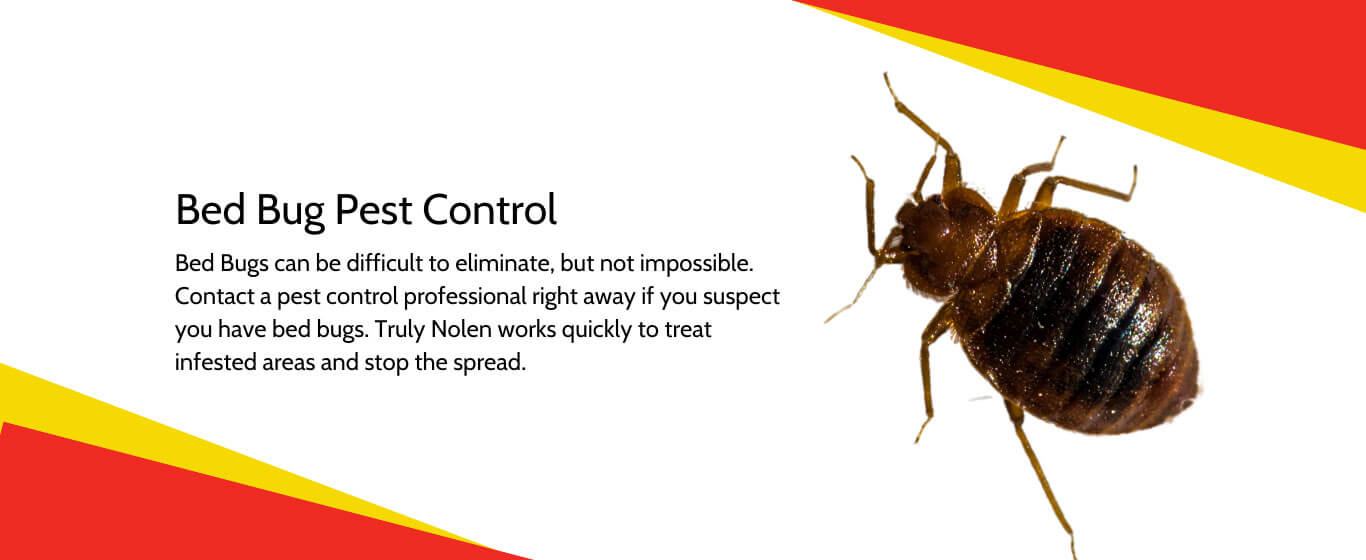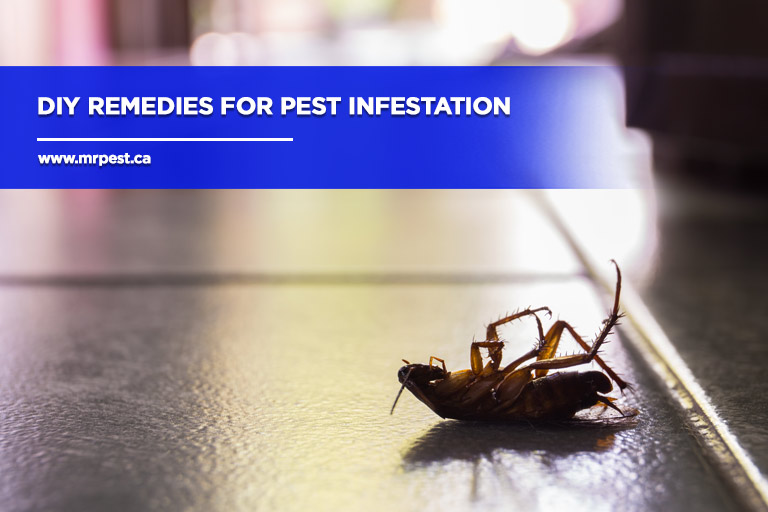Affordable Rat Control Coquitlam Services to Keep Your Home Safe
Affordable Rat Control Coquitlam Services to Keep Your Home Safe
Blog Article
Safe and Trustworthy Insect Control for Lasting Security
Effective bug monitoring requires a diverse technique that balances ecological stability with the requirement for reliable bug reductions. The subtleties of these approaches might not be promptly clear, motivating a closer exam of the methods that can lead to lasting insect control outcomes.
Understanding Parasite Control Techniques
Insect control includes a variety of approaches focused on handling and eradicating undesirable insects and rodents that can threaten both health and residential property. Understanding these methods is essential for efficient parasite management.
The key groups of insect control techniques consist of mechanical, organic, and chemical methods. Mechanical techniques entail physical barriers and catches to stop insect entrance and capture unwanted types. For circumstances, making use of displays on windows or utilizing sticky catches can dramatically lower bug populations without introducing hazardous compounds.

Chemical pest control is usually one of the most recognized method, using pesticides to remove insects. These chemicals can be effective yet need to be made use of with care to stay clear of unfavorable impacts on non-target types and the environment.
Benefits of Eco-Friendly Solutions
Exactly how can eco-friendly options transform pest control techniques? The adoption of environmentally friendly bug control methods supplies countless advantages, substantially enhancing the performance and security of insect management (exterminator coquitlam). These remedies use all-natural active ingredients, reducing the dependence on dangerous chemicals that can present risks to human health and wellness and the environment. This shift not only protects families and pet dogs however also decreases the possibility for soil and water contamination.

One more benefit is the positive effect on local biodiversity. Green solutions are created to target details insects while maintaining advantageous bugs and wild animals, advertising a well balanced environment. This technique aligns with the expanding customer demand for sustainable techniques, enhancing the track record of insect control service providers.
Integrated Bug Management Techniques
The execution of eco-friendly solutions naturally leads to the adoption of Integrated Bug Monitoring (IPM) approaches, which better improve insect control efficacy. IPM is a holistic strategy that integrates numerous tactics to take care of parasite populations while decreasing environmental impact. This strategy highlights making use of biological, cultural, mechanical, and chemical controls, making sure a sustainable and balanced approach of pest monitoring.
One fundamental facet of IPM is the thorough analysis of parasite task and ecological conditions. By monitoring bug populations and determining their life cycles, specialists can execute targeted interventions that interrupt the bug's habitat or lifecycle, lowering dependence on chemical pesticides. Additionally, social methods such as plant turning and habitat manipulation can considerably reduce insect facility and reproduction.
One more critical element is making use of organic control agents, such as useful pests or bacteria, site which can naturally subdue parasite populations. When chemical applications are required, IPM focuses on using low-risk chemicals and uses them precisely, decreasing direct exposure to non-target microorganisms and people.
Incorporating IPM strategies not just improves insect control efficiency yet likewise advertises a safer ecosystem, straightening with the growing demand for sustainable practices in bug monitoring.
Safe Practices for Home Owners
Recognizing the importance of secure techniques in pest control can equip property owners to successfully take care of pest issues while protecting their health and the setting. Applying precautionary procedures and safe approaches is essential in decreasing direct exposure to unsafe chemicals.
Home owners should first examine their setting for problems that bring in bugs, such as standing water, mess, and food waste. Regularly cleaning and sealing entry points can hinder insects from attacking the home. Utilizing natural deterrents, such as essential oils or diatomaceous earth, can offer efficient choices to chemical pesticides.
When chemical treatments are required, homeowners need to opt for items that are especially labeled as safe for property usage. It is necessary to comply with application guidelines diligently to prevent overexposure. Making use of targeted treatments in locations where bugs are identified, instead than blanket spraying, can significantly minimize chemical usage.
Last but not least, preserving open interaction with parasite control professionals is vital. Home owners should make inquiries regarding the security of items made use of and demand environment-friendly choices whenever feasible. By adopting these safe practices, house owners can produce a healthier living environment while efficiently managing bug problems.

Tips for Long-Term Protection
Developing a pest management technique that emphasizes long-lasting defense can considerably improve the efficiency of the safe practices formerly reviewed. To accomplish this, homeowners should implement normal evaluations the original source of their property, concentrating on hidden locations such as attics, cellars, and crawl spaces. Early detection of pest task is essential in avoiding infestations from holding.
Furthermore, keeping a tidy environment is important. This includes correct food storage, quickly cleaning spills, and consistently disposing of waste. These techniques decrease attractants that attract insects into the home. Sealing access points, such as fractures around doors and home windows, can efficiently block potential insect gain access to.
Landscape design must likewise be taken into consideration; maintaining plants cut and preserving a distance between greenery and the home reduces concealing spots for bugs. Utilizing natural deterrents, such as important oils or diatomaceous planet, can better prevent invasions without turning to extreme chemicals.
Lastly, collaborating with a professional bug control solution for routine analyses can offer an extra layer of protection. These experts can provide tailored recommendations and progressed treatments, making certain that your home continues to be protected versus bugs in the long-term.
Verdict
In final thought, trusted and risk-free bug control calls for a diverse method that stresses eco-friendly approaches and integrated parasite management. By executing all-natural deterrents, carrying out regular inspections, and maintaining correct hygiene, homeowner can dramatically decrease pest populaces while safeguarding useful insects and the environment. Collaboration with professional pest control services enhances the performance of these methods, guaranteeing customized services that provide enduring protection and peace of mind see page versus future problems.
Effective bug monitoring calls for a complex approach that stabilizes ecological integrity with the requirement for effective parasite reductions. The adoption of eco-friendly parasite control methods offers various advantages, substantially boosting the performance and safety of pest administration.The execution of environment-friendly remedies naturally leads to the adoption of Integrated Bug Monitoring (IPM) techniques, which further improve parasite control efficiency. exterminator coquitlam. By keeping an eye on parasite populations and determining their life cycles, practitioners can execute targeted interventions that interfere with the parasite's environment or lifecycle, decreasing dependence on chemical pesticides.In final thought, secure and trustworthy parasite control needs a complex approach that emphasizes eco-friendly approaches and integrated bug administration
Report this page